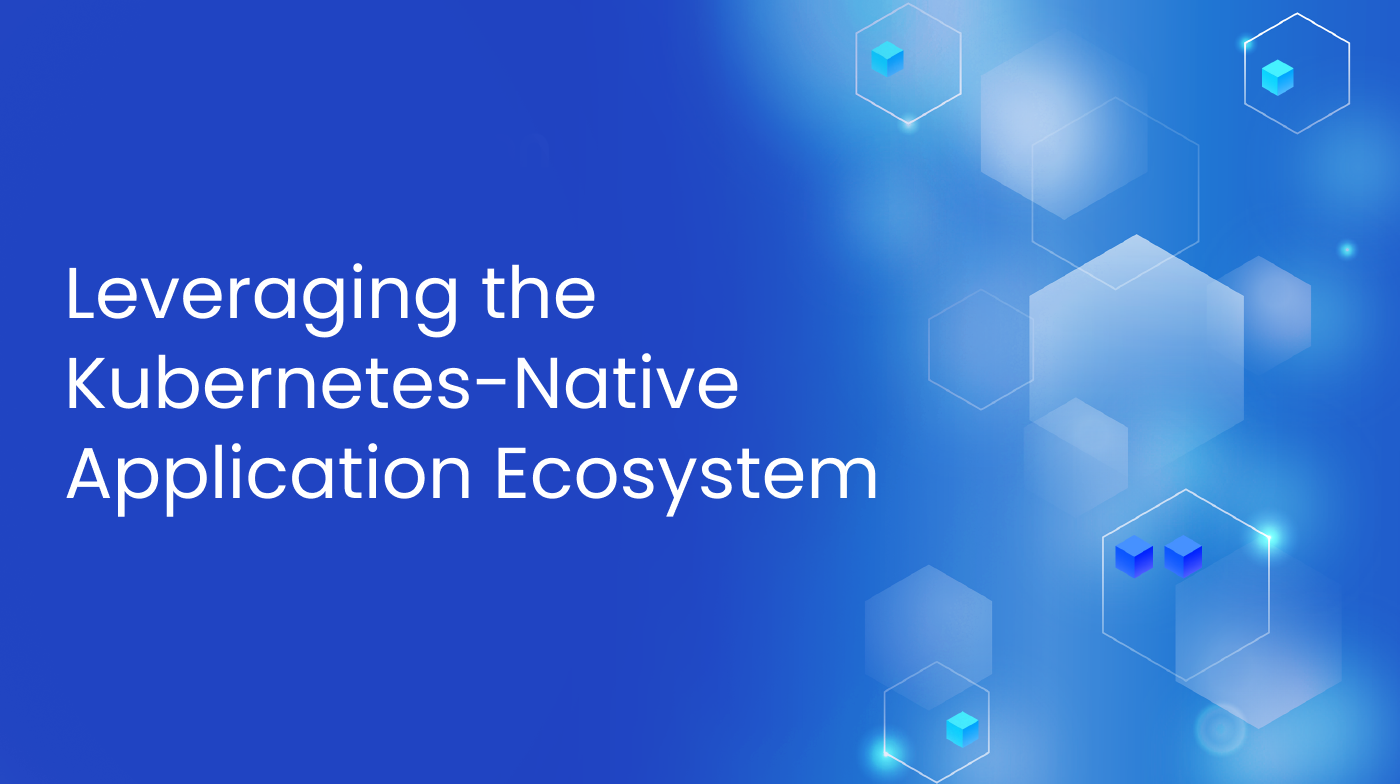The banking industry has experienced massive shifts in recent years driven by technological advancements and changing customer expectations. One innovation that stands out is Open APIs in Banking, which have revolutionized how financial services operate and how customers interact with their banks. Open APIs are not just a buzzword; they represent a monumental step toward creating seamless, interconnected financial ecosystems. Let’s delve into how these APIs are shaping the industry, their benefits, potential drawbacks, and why everyone is talking about them.
What Are Open APIs in Banking?
An Open API (Application Programming Interface) in banking is a technology that allows third-party developers to access certain banking functionalities or data securely. APIs act as bridges connecting different software systems, enabling them to communicate with each other. In banking, this means that financial institutions can expose some of their services to external developers, fostering innovation and collaboration.
Banks use Open APIs to:
- Share financial data with FinTech companies.
- Enable services like budgeting apps to integrate with bank accounts.
- Provide platforms for customized banking solutions.
Tamer Badr, the owner of Singleclic, highlights: “Open APIs empower banks to focus on collaboration rather than competition. They’re transforming the way institutions deliver value to their customers.”
For more on FinTech solutions that leverage Open APIs, visit our FinTech Solutions page.
How Open APIs Are Transforming Banking
Enhanced Customer Experience
Open APIs allow customers to link their bank accounts with third-party applications. This leads to personalized financial tools such as:
- Budgeting Apps: Track expenses and savings.
- Investment Platforms: Monitor portfolios in real time.
- Lending Apps: Compare and apply for loans instantly.
These tools streamline financial management and put more control into the hands of customers.
Greater Innovation
Open APIs enable FinTech startups to build innovative products by accessing bank data and services. This collaboration results in features like:
- Instant Payments
- Peer-to-Peer Lending Platforms
- Seamless Cross-Border Transactions
Tamer Badr emphasizes: “The democratization of data through APIs encourages rapid innovation. FinTechs can solve problems traditional banks cannot tackle alone.”
Operational Efficiency
Banks benefit from Open APIs by:
- Reducing Costs: Partnering with third parties to deliver certain services.
- Accelerating Development: Using external APIs to deploy new features faster.
- Improving Scalability: Adapting to customer needs without overhauling existing systems.
People Are Always Asking:
Why Are Open APIs Important for Banking?
Open APIs are crucial because they drive collaboration between banks and FinTechs. They create a win-win scenario where customers receive better services while banks reduce operational burdens.
Are Open APIs Secure?
Security is a top priority in Open APIs. Standards like OAuth 2.0 and Open Banking regulations ensure safe data sharing. Banks use robust encryption methods and customer consent protocols.
How Do Open APIs Impact Traditional Banking Models?
Traditional banking models face disruption from Open APIs. However, they also present opportunities for legacy institutions to modernize and remain competitive.
The Benefits of Open APIs in Banking
- Improved Financial Transparency: Customers can access data-driven insights from multiple apps.
- Accelerated Digital Transformation: Banks evolve faster by leveraging third-party innovations.
- Increased Revenue Streams: APIs enable banks to monetize their data.
- Global Expansion: APIs facilitate cross-border financial services.
Potential Drawbacks
While Open APIs are game-changing, they come with challenges:
- Security Concerns: Poorly implemented APIs may expose banks to cyber threats.
- Regulatory Compliance: Adhering to regional regulations can be costly.
- Loss of Control: Banks may feel vulnerable sharing critical data with third parties.
Despite these issues, the benefits outweigh the risks if proper safeguards are in place.
Real-World Applications of Open APIs
Payment Platforms
Apps like Venmo and Stripe rely on banking APIs for seamless payment processing. These platforms integrate directly with users’ bank accounts.
Digital Lending
Lending apps leverage Open APIs to access credit scores and financial history. This speeds up loan approvals and improves transparency.
Investment Tools
Apps like Robinhood allow users to manage their investments in real time by connecting to bank accounts via APIs.
How Singleclic Leads in Open API Solutions
Singleclic specializes in building FinTech solutions that harness the power of Open APIs. Their expertise lies in creating scalable and secure platforms that:
- Enhance customer engagement.
- Drive financial inclusion.
- Deliver value-added services for banks and FinTechs.
Explore their FinTech Solutions to see how Singleclic is transforming the industry.
FAQs on Open APIs in Banking
What Are the Most Popular Open APIs in Banking?
Some widely used APIs include Plaid, Yodlee, and PayPal’s API suite.
Are Open APIs Free to Use?
While some are free, most come with tiered pricing models based on usage and features.
What Regulations Govern Open APIs?
Open Banking regulations like PSD2 in Europe and similar frameworks worldwide govern API usage in banking.
Reviews and Feedback
User Review 1: “Open APIs have made managing my finances easier than ever. Budgeting apps connected to my bank accounts have saved me so much time.”
User Review 2: “I’ve seen my business grow thanks to API-powered payment platforms. The integration process was seamless.”
Expert Opinion: Tamer Badr states: “The true power of Open APIs lies in their ability to empower both customers and businesses. They’re the future of banking.”
Conclusion
Open APIs are reshaping the financial sector by driving innovation and improving customer experiences. While challenges like security and compliance exist the opportunities are immense. As Tamer Badr says: “Embracing Open APIs is not just about staying relevant. It’s about leading the transformation.” For more insights on cutting-edge FinTech solutions visit our FinTech Solutions page.
By leveraging Open APIs banks and FinTechs can unlock new possibilities in a rapidly evolving financial ecosystem. It’s time to embrace this change and build a future where financial services are more accessible efficient and customer-centric.





